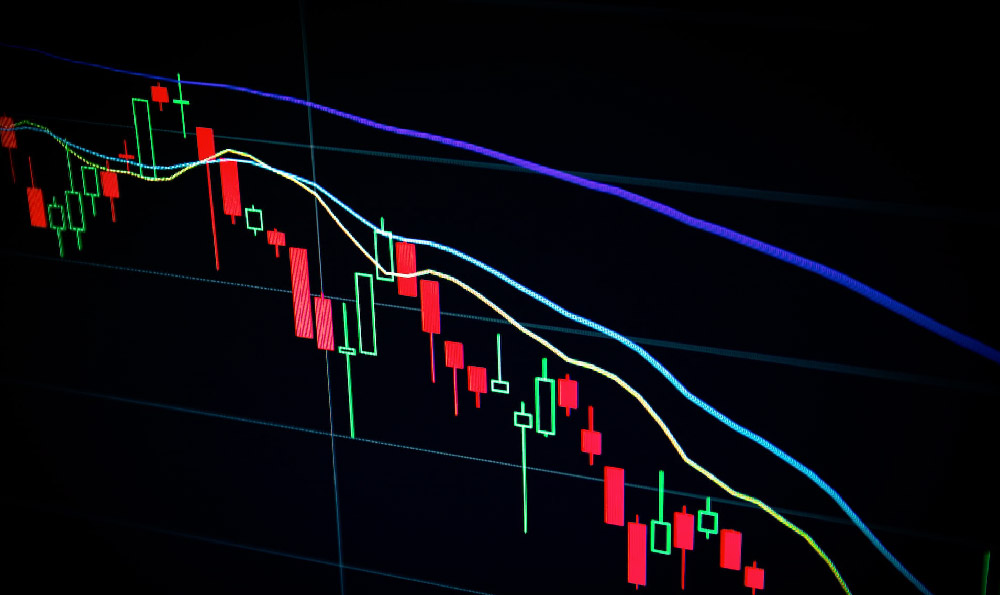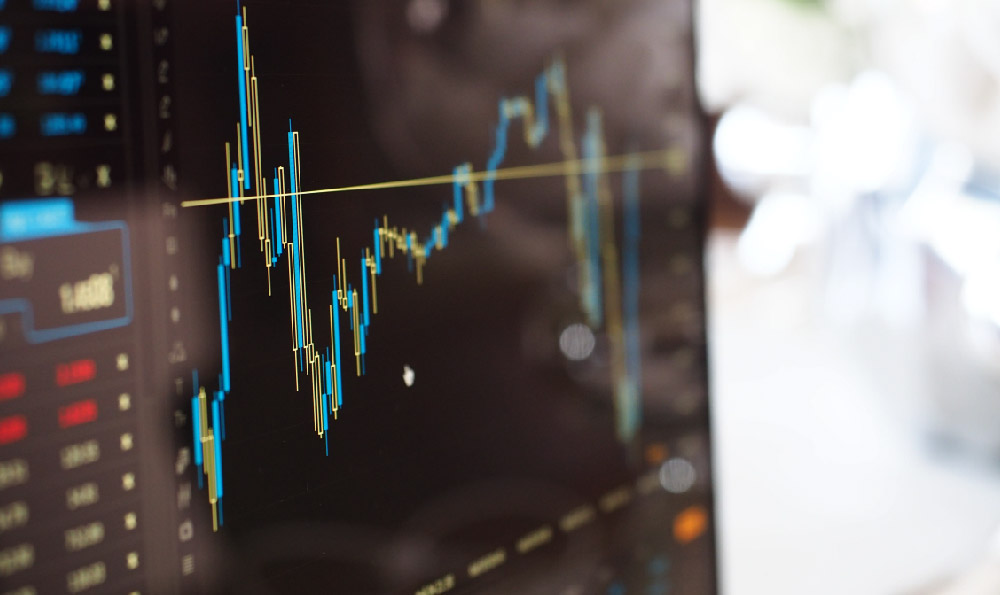Investing in El Salvador's embrace of Bitcoin as legal tender has undeniably created both intriguing opportunities and palpable risks for potential investors. To navigate this landscape effectively, a thorough understanding of the underlying economic factors, regulatory environment, and the specific nuances of the Salvadoran market is essential.
On the opportunity front, El Salvador's move has positioned it as a pioneer in the digital asset space, potentially attracting a wave of innovation and investment. The most immediate impact could be felt in the financial inclusion sector. A significant portion of the Salvadoran population remains unbanked, and Bitcoin offers a readily accessible alternative to traditional banking services. This access extends beyond national borders, facilitating remittances from the diaspora, a critical source of income for many Salvadoran families, with potentially lower fees and faster transaction times compared to conventional methods. Moreover, the government's Chivo wallet and its associated Bitcoin holdings could act as a stimulus for the local economy, driving spending and investment.
Beyond the immediate benefits, the adoption of Bitcoin could spur technological innovation in the country. The establishment of Bitcoin-focused businesses, the development of new financial technologies, and the influx of cryptocurrency experts could all contribute to a more dynamic and technologically advanced economy. This, in turn, could attract further foreign investment and create high-skilled jobs. El Salvador could potentially transform into a regional hub for blockchain technology and digital finance, attracting businesses and talent from across Latin America and beyond. The government has already expressed interest in exploring Bitcoin mining using geothermal energy, further positioning the country as a forward-thinking player in the renewable energy sector, potentially offsetting some environmental concerns associated with cryptocurrency mining.

However, the risks associated with investing in El Salvador's Bitcoin experiment are equally significant and cannot be ignored. One of the primary concerns revolves around the inherent volatility of Bitcoin. Its price fluctuations can be substantial and unpredictable, potentially leading to significant losses for investors and businesses that hold substantial Bitcoin reserves. This volatility also complicates financial planning and budgeting, making it difficult for businesses to accurately forecast their revenues and expenses. For a country that relies heavily on remittances, sudden price drops in Bitcoin could have a devastating impact on household incomes.
Furthermore, the regulatory landscape surrounding Bitcoin in El Salvador remains uncertain and evolving. While Bitcoin is legal tender, the government's specific regulations and oversight mechanisms are still under development. This lack of clarity creates uncertainty for businesses and investors, as they may face unexpected regulatory changes or legal challenges. Concerns regarding anti-money laundering (AML) and countering the financing of terrorism (CFT) compliance also remain. The anonymity associated with Bitcoin transactions can be exploited by criminals, and El Salvador needs to implement robust AML/CFT measures to prevent illicit activities.
Another risk factor is the potential for cybersecurity threats. Bitcoin exchanges and wallets are vulnerable to hacking and theft, and investors in El Salvador need to be aware of these risks and take appropriate security measures to protect their digital assets. The relatively low level of digital literacy among the Salvadoran population also poses a challenge, as many people may be unfamiliar with the security protocols necessary to safeguard their Bitcoin holdings. Education and awareness campaigns are crucial to mitigate this risk.
The international community has also expressed concerns about El Salvador's Bitcoin adoption. The International Monetary Fund (IMF) has warned of the risks associated with Bitcoin's volatility and its potential impact on financial stability. Credit rating agencies have also downgraded El Salvador's sovereign debt rating, citing concerns about the country's fiscal sustainability and its reliance on Bitcoin. These concerns could make it more difficult for El Salvador to access international financing and could further strain its economy.
For investors considering opportunities in El Salvador, a pragmatic and risk-aware approach is crucial. Diversification is key; avoid putting all your eggs in the Bitcoin basket. Thorough due diligence on any investment opportunity is essential, including assessing the financial stability of the company, the management team's experience, and the potential risks and rewards. Understanding the legal and regulatory environment is paramount. Investors should stay informed about any changes to Bitcoin regulations and consult with legal experts to ensure compliance.
Focus on opportunities that leverage Bitcoin's strengths while mitigating its risks. Businesses that provide services to the unbanked population, facilitate remittances, or develop innovative financial technologies may be particularly attractive. Investing in infrastructure and education to support the adoption of Bitcoin could also be a worthwhile endeavor.
In conclusion, investing in El Salvador presents a complex mix of opportunities and risks. The country's adoption of Bitcoin has the potential to drive innovation, promote financial inclusion, and attract investment. However, the volatility of Bitcoin, the uncertain regulatory environment, and the concerns raised by the international community cannot be ignored. A successful investment strategy requires a thorough understanding of these factors, a risk-aware approach, and a focus on opportunities that leverage Bitcoin's strengths while mitigating its risks. Careful consideration and due diligence are crucial to navigate this evolving landscape and potentially reap the rewards of El Salvador's pioneering venture into the world of cryptocurrency. Only through a balanced and informed approach can investors hope to capitalize on the opportunities while minimizing the inherent dangers.












